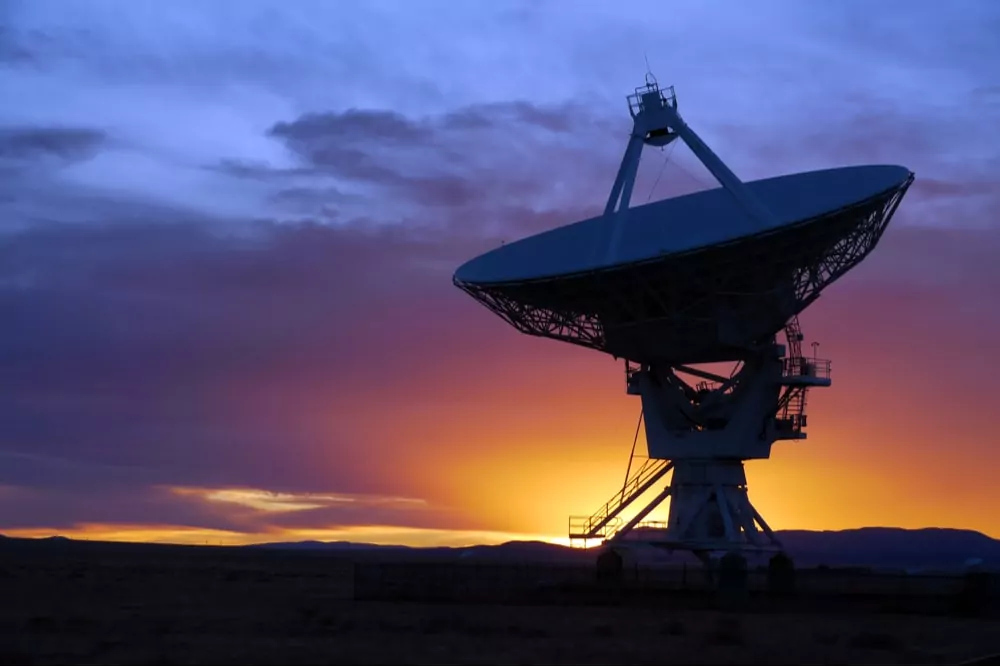
Pathfinder Lessons Learned report – the six key themes

By John Catchpole, Halo Garrity
12 Jan 2024 | 5 minute read
On 9 January 2023 history was made as the UK conducted its first ever launch from UK soil into space. The satellites onboard were not placed into orbit due to a technical anomaly with the rocket’s second stage engine but this event demonstrated the UK’s ability to launch, safely, legally and with the appropriate coordination across government. This historic first launch is set to be followed by more this year and beyond.
The UK government has set a goal in the National Space Strategy of becoming the leading provider of small satellite launch in Europe by 2030. In line with that goal in December 2023 the UK Space Agency released the Lessons Learned report from the launch.
The report highlights six key themes which we have summarised below.
Theme One: Review the regulatory landscape
"The government should review the regulatory landscape and where possible, improve co-ordination of licensing and guidance with operators to reduce administrative efforts and costs."
The Space Industry Act requires applicants for launch to have the financial and technical resources to do the things authorised by the licence and otherwise be a fit and proper person. This process was reported as being disproportionate and time-consuming.
A regulatory review is being conducted, with changes expected to reduce the amount of information required for the fit and proper person's test. The Department for Transport (DfT) has also been conducting a Space Industry Act (SIA) post-implementation review that is due to complete in April 2024 and may lead to provisions in the Act being removed.
Theme Two: Knowledge sharing and guidance
"Improving knowledge dissemination will be beneficial to all parties, expediting processes and reducing the risk of delays and repetition. This is of particular importance considering the geographical challenges of launching across multiple national airspaces."
For a commercial launch to take place from the UK, there are requirements to obtain a launch licence, an orbital licence, a spaceport licence, a marine licence, as well as the need to obtain other licences/permits from UK and foreign bodies. The requirement to provide the same information to numerous bodies proved complex and time consuming. This can lead to increased costs and delays, which would not be attractive for businesses when considering which country to launch from.
By January 2024 the DfT and CAA expect to have clearer guidance for operators and to have streamlined the informational requirements. A rolling education programme is also being considered.
Theme Three: Review approach to international agreement, in conjunction with European partners
"Arrangements with international near-neighbours, and those potentially impacted by launch flightpaths, were complex, burdensome and added risk to schedules."
The overarching political arrangements that were needed to facilitate the tactical and operational discussions were delayed by an understandable lack of familiarity with space launch in some European countries and over-optimistic delivery plans from the launch operator. The report recommends exploring a cross-European governance system for launches through Eurocontrol, a non-EU intergovernmental organisation for the safety of air navigation in Europe, with an implementation target of March 2025.
Theme Four: Review approach to insurance and liabilities
"Ensuring a proportionate approach to liabilities and insurance is key to reducing the burden on operators and satellite providers. This should give the UK a competitive advantage in the marketplace, reducing the applicants’ overheads and potentially shortening time to launch."
Concerns were repeatedly raised about liabilities and insurance being disproportionate, burdensome and an impediment to progress towards launch.
The government launched a consultation on a variable Third-Party Liability (TPL) insurance approach for satellite operations in September 2023 with the response to this planned for Spring 2024. By December 2024 the government will also have explored options to set an upper cap for launch operator insurance and liability.
Theme Five: Provide clear definition of communication, decision-making and escalation protocols
"Programme governance processes should be reviewed to ensure there are clear communication, decision and escalation processes."
At times there was a lack of clarity around remits and escalation routes, for example a late request from the launch operator to other organisations to monitor and request vessels move from the high-risk shipping area, a responsibility of the launch operator.
A better understanding of escalation protocols is needed which will form part of the UK Space Agency annual review in January 2024.
Theme Six: Review and clarify roles, responsibilities and ownership
"Early identification of roles and responsibilities enables better information flow between all participating stakeholders and clarifies lines of accountability."
Better definition of roles and responsibilities would have benefitted the programme, and an absence of key leads for specific areas hampered effective engagement with the UK Space Agency.
Delivery criteria for future grants will strengthen standards of monitoring processes and ensure clearer lines of responsibility.
Our advice
The lessons learned from the first launch will need to be carefully considered by future launch operators. Pathfinder launches are planned from SaxaVord and Sutherland in 2024. Some of the key takeaways from this report include:
- Stay up to date with the changing regulatory framework for launch.
- Ensure there is a clear understanding of responsibilities, such as monitoring and clearing high-risk shipping areas.
- Define roles and responsibilities early on and ensure these are communicated.
- Seek advice from experienced practitioners in the field who can put you in touch with the support organisations you will need to succeed.
- The first launch involved creating processes and procedures for the first time – future launches should benefit from being able to get ahead of known issues and implement strong project management.
Our comment
John Catchpole, Partner and head of Foot Anstey's Space and Satellite team, commented: "In a global market the UK successfully positioning itself to achieve the goals set out in the National Space Strategy of becoming the launch nation of choice will partly rely on how well we respond to the lessons learned from our first launch.
"Crucially we need to also look to the future. As launch technology and the market evolves (with asteroid mining, in-orbit servicing and manufacture, space tourism and other opportunities moving forward) we need to ensure that we as a nation achieve and maintain a status as the best place to launch.
"Technology has always moved faster than the regulations governing it so we need to balance the objectives of outcome focused regulations, and speed and efficiency, with ensuring safety and sustainability – a difficult balance to achieve."
Foot Anstey's Space and Satellite team will be examining the recommendations and updated regulations as they are released and will report on the results of the 2024 SIA post-implementation review once that is published. Contact us to discuss your launch and licensing plans.














